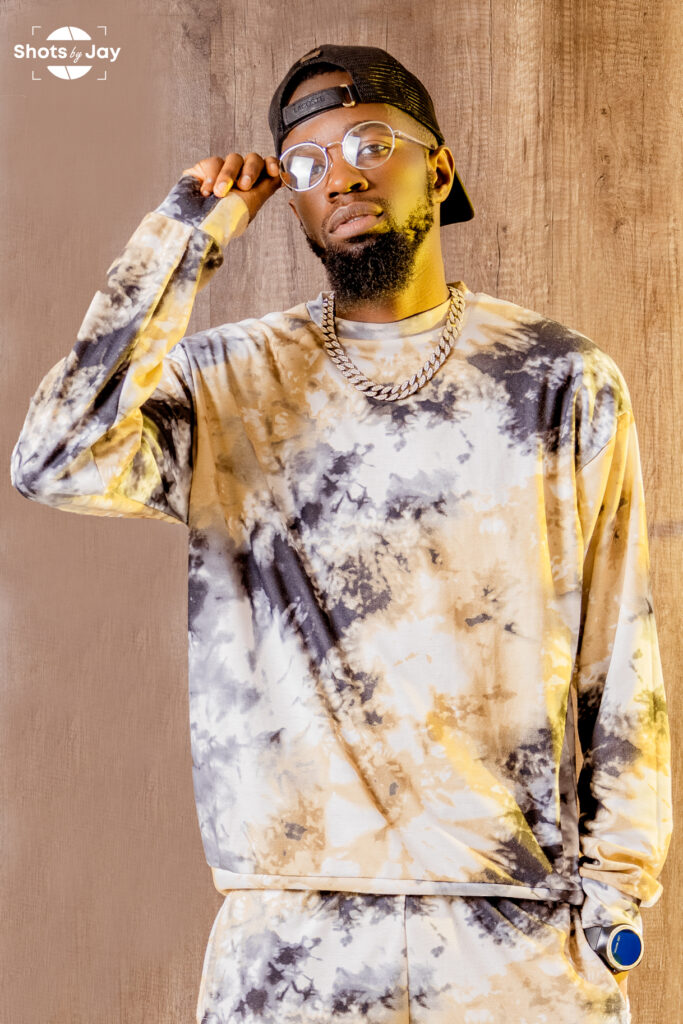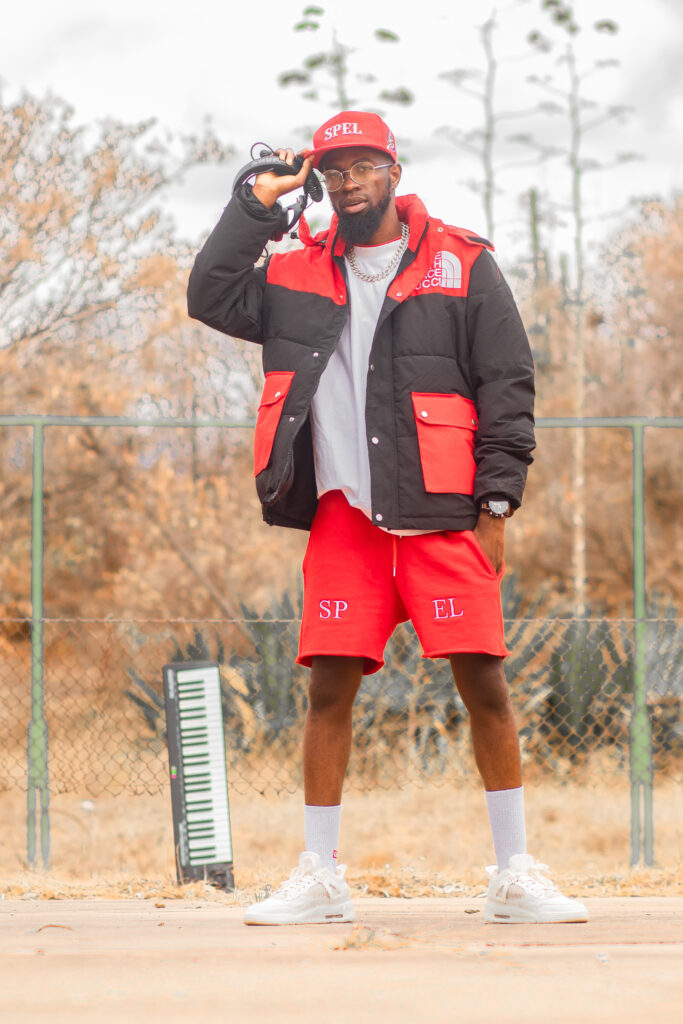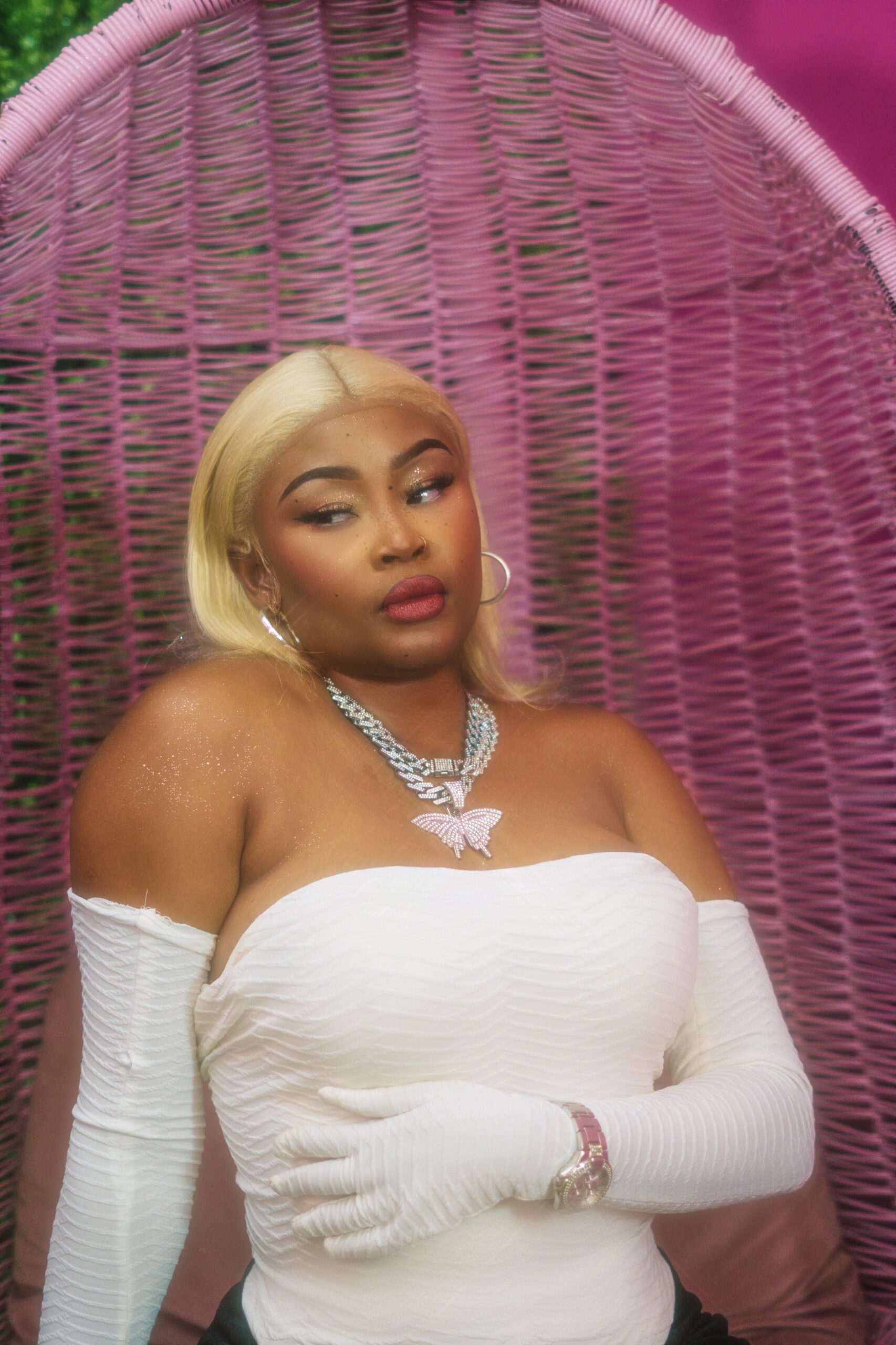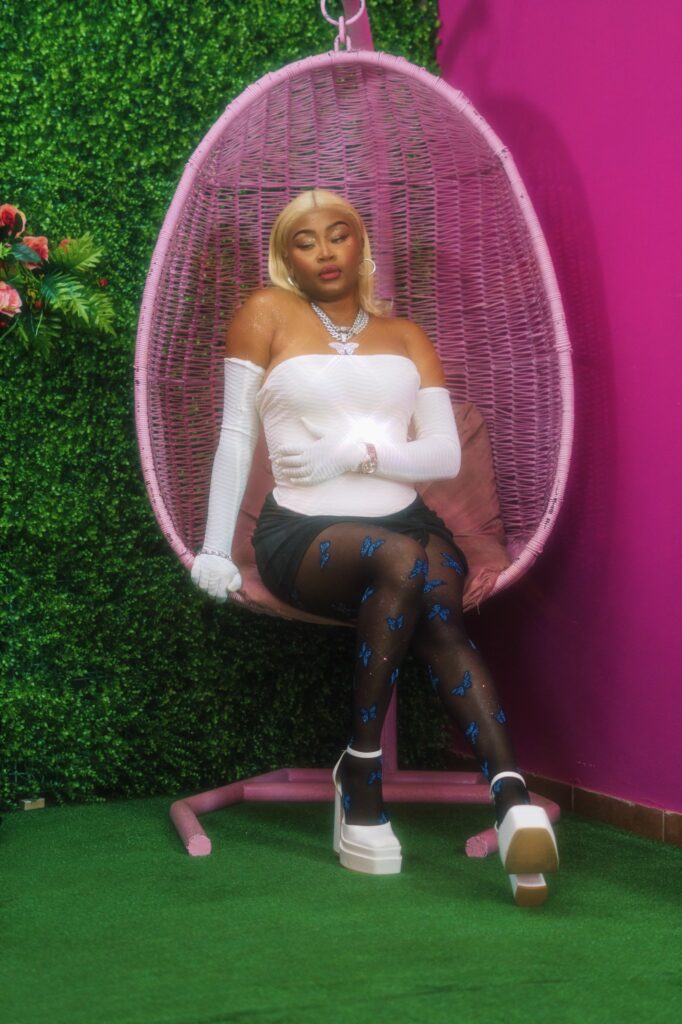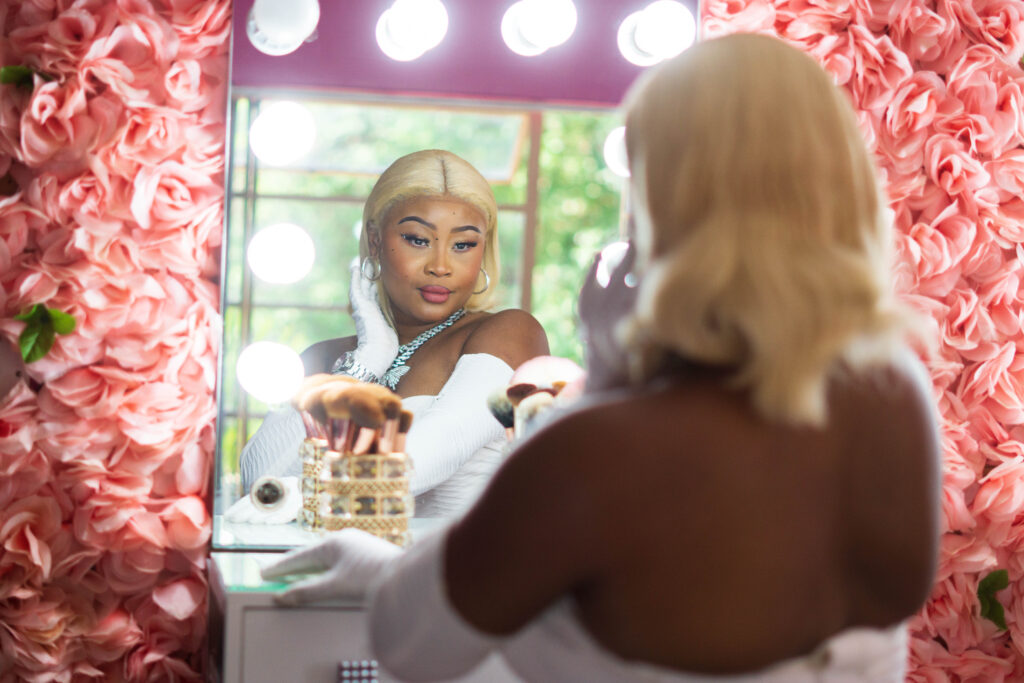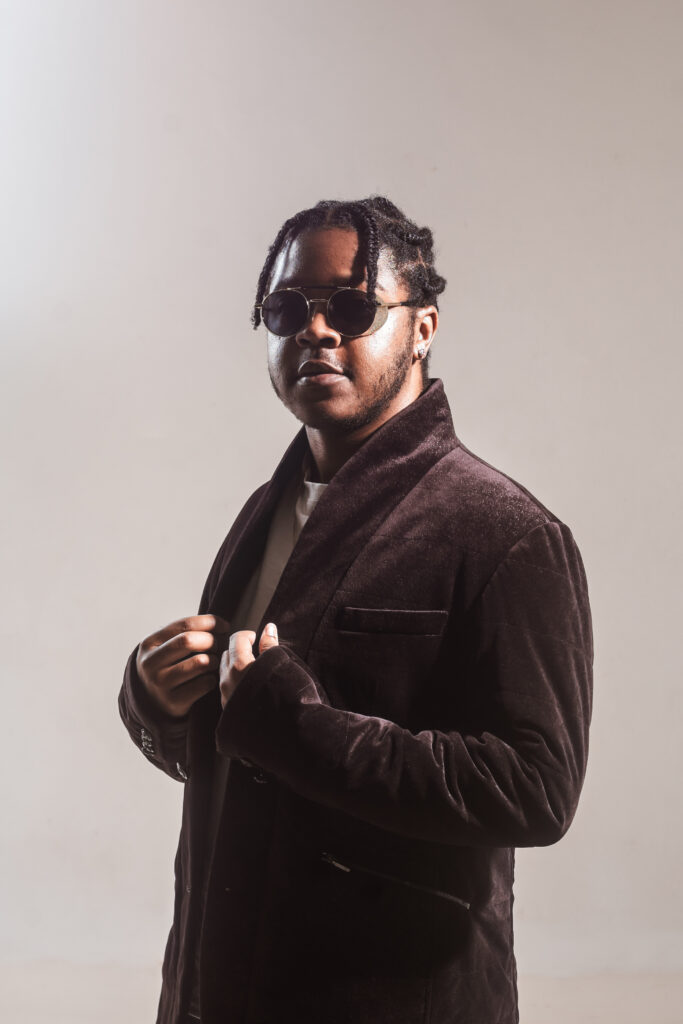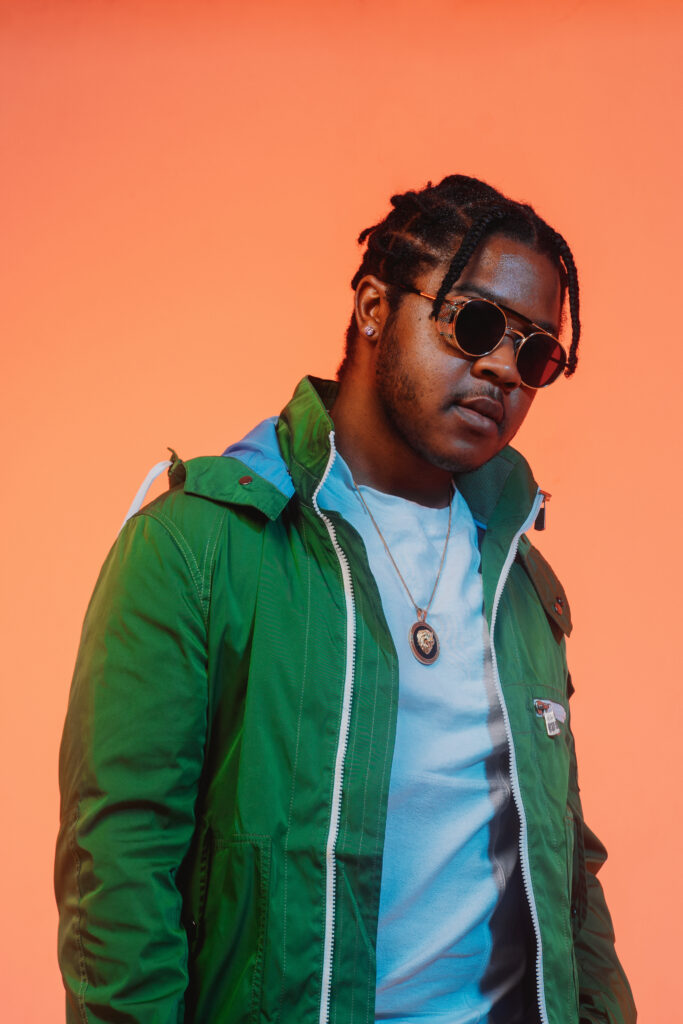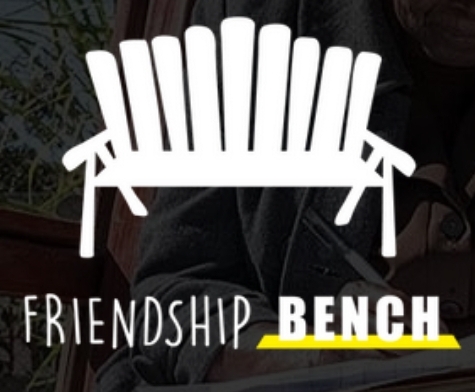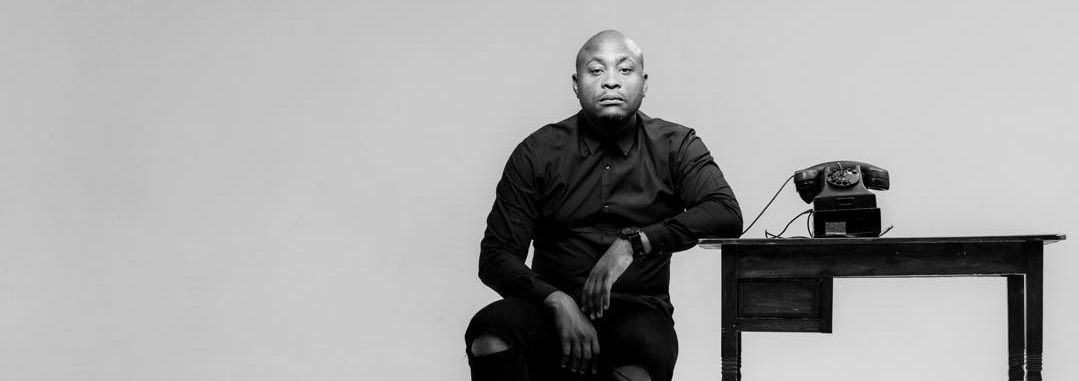HOW WE WORK
The Friendship Bench clinical team trains community health workers (also known as lay health workers) to provide basic Cognitive Behavioural Therapy with an emphasis on Problem Solving Therapy, activity scheduling and peer led group support. This task shifting approach means we can deliver an effective, affordable and sustainable solution to bridge the mental health treatment gap at a primary care level.
We follow a blended model which includes face-to-face and online training. The actual training focuses on the below topics.
History of the Friendship Bench
Psychoeducation
Basic counselling skills
Mental health literacy
Screening
Problem solving therapy
How to conduct sessions and when to refer
Use of Friendship Bench tool(s)
Self-care and supervision
Once training is completed, participants are offered supervision sessions to expand on their clinical skills, learn more about certain mental health topics and to ask for advice on difficult cases. Our supervision goal is to empower community health workers to feel confident to carry out the support work that they do and to be aware of their clients’ and their own needs.
We deliver the talk therapy intervention to people with mild to moderate level common mental health disorders, such as anxiety and depression, known locally as ‘kufungisisa’- thinking too much. When people visit the Friendship Bench they are screened with a locally validated tool called the Shona Symptom Questionnaire (SSQ-14). If a person scores above the cut off point, they are suggested to stay and receive the one-on-one problem solving therapy. In practical terms, participants are taught a structured approach to identifying problems and find workable solutions.
We are not conventional, our trained CHWs sit with their clients outdoors, under the trees on wooden park benches in discreet safe spaces in the community. During training, a referral pathway is established for cases which are considered ‘red flags’ where a higher level of care is needed.
After the one-on-one talk therapy, Friendship Bench clients are introduced to a peer led support group known as Circle Kubatana Tose (CKT), meaning ‘holding hands together’. In these groups clients are connected to others who have sat on the Friendship Bench, received PST and became empowered to solve their own problems. Group members can relate to one another because they tend to come from the same community and have learned about the benefit of empathic listening. This safe space to talk in and be heard contributes to clients’ sense of belonging and reduces stigma surrounding mental health and sharing of personal issues.
In the CKT groups, clients are engaged in revenue generating opportunities, learning to crochet items out of recycled plastic bags and old VHS tape ribbon! Some items commonly made and then sold in the community are bags, hats and mats. So beyond the group being a form of ongoing support and behavioural activation, it becomes a vital part of the intervention due to the need for income generation in a country going through socio-economic distress.
.



